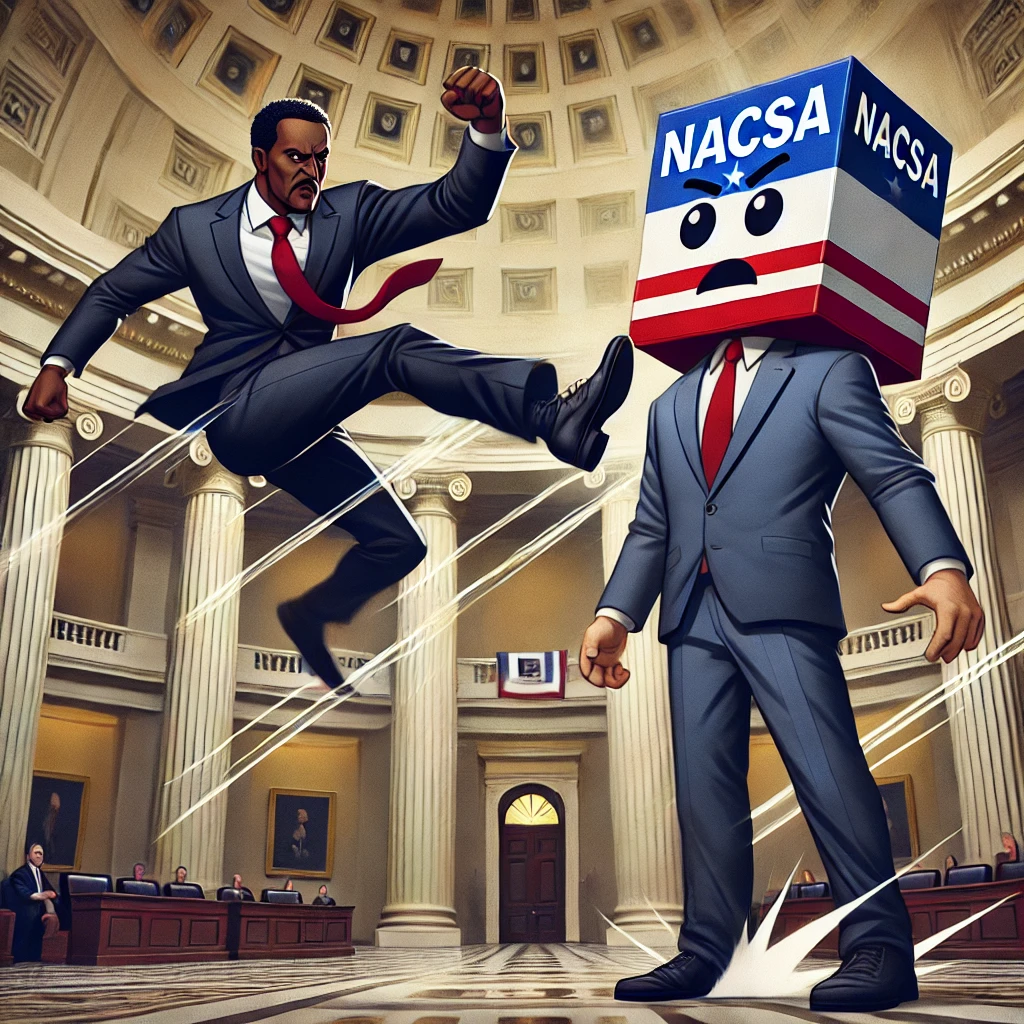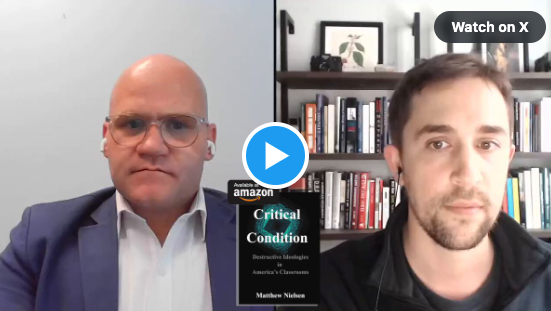by Matt Nielsen
Nearly three years after United States Attorney General Merrick Garland and the National School Boards Association (NSBA) compared concerned parents to domestic terrorists, the NSBA is a shell of its former self. Over 26 state affiliates have made moves to distance themselves from them, including disaffiliating completely or ceasing the paying of dues.
Those “terrorist parents” were showing up at school board meetings over concerns about what they were seeing in their children’s curriculum, lesson plans, homework, and more. Much of these concerns centered around what they feel are the divisive ideologies of diversity, equity, and inclusion, or DEI. Since that time, enrollment in traditional public schools run by government, has plummeted. According to a recent report by the Hamiltion Project and Brookings Institution, fully 5% of students nationally left public schools to pursue private, charter, or homeschool options. Over half of all schools in the United States, regardless of size, lost students between 2019 and 2023. The paper, which uses data from the National Center for Education Statistics (NCES), confirms what observers everywhere could have easily predicted: if you escort upset parents at school board meetings out of the building under threat of arrest, they’re likely to think twice about sending their children to your school when they have a choice.
Some schools have made this decision easier than others for parents. Charter and private schools are commonly seen as being more socially conservative in their teaching than their district school counterparts—a perception that has been earned. But, just because charter and private schools have historically been more conservative, and perpetuate conservative views among their students, doesn’t mean that it will always be so. That is, not if powerful national organizations have any say in the matter.
NACSA, or the National Association of Charter School Authorizers, was founded in 2004 with the intent to provide a central resource for best practices, policies, and other resources to boards and committees that were formed to consider approval of would-be charter school operators. But, they openly advocate for policies that would further entrench in charter schools the ideas that parents are still up in arms about at district school board meetings. To be clear, NACSA’s member organizations are the authorizing bodies, not charter schools themselves. And, many authorizers are not required to be members of NACSA. But, some states, like Georgia, have mandates in place that force the State Charter Schools Commission (SCSC) to pay dues for membership and services from this organization that does not represent the values or policies that many Georgians would support—let alone their legislators. Of course, with enough support, NACSA could come to look just like NSBA does as authorizers stop paying dues and disaffiliate from them.
Private schools face some of the same problems with the NAIS (National Association of Independent Schools), though private schools have no obligation to affiliate with NAIS. They’re also not forced to pay dues or receive trainings from them, unlike some regulators in the charter school space. For their part, NAIS includes all the woke buzzwords you can think of on their website. Parents looking for a private school option for their child will want to take note of whether the school is a member of NAIS and how deeply they’ve incorporated their ideas.
While it’s still accurate to point out that the much larger, more significant problems lie with traditional public schools, if only due to scale, the exodus of students into charter and private schools naturally begs the question: are they any better? So far, the answer seems to be “yes.” But, they’re trending in the wrong direction for many concerned parents that, not too long ago, were being targeted by the FBI and put in handcuffs for advocating for their children’s best interests. They found an alternative, but NACSA and the NAIS don’t share those parents’ values—and legislators and regulators should take note while they have time to turn the ship around.
Matt Nielsen is the Founder and Board Chair at Educational Freedom Institute and author of the 2024 book, Critical Condition: Destructive Ideologies in America’s Classrooms.


